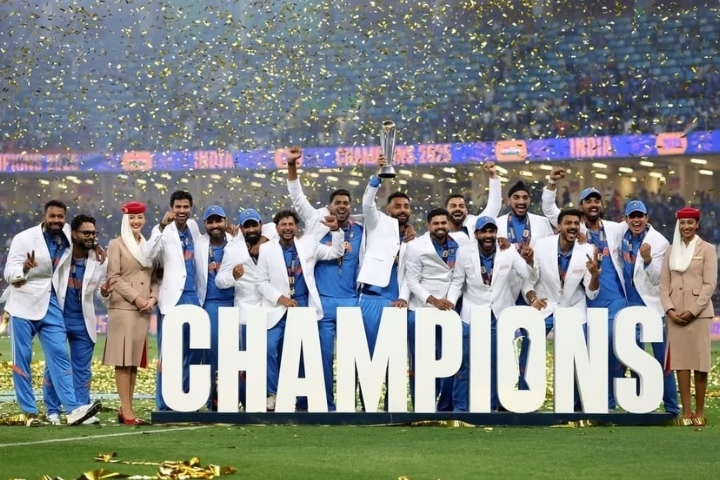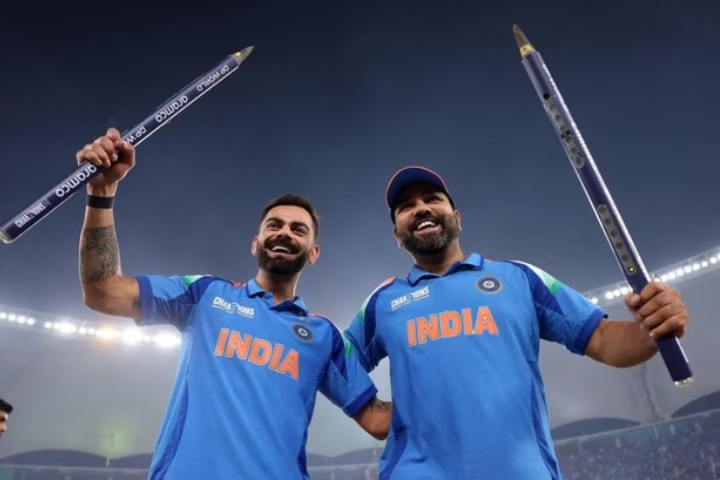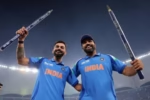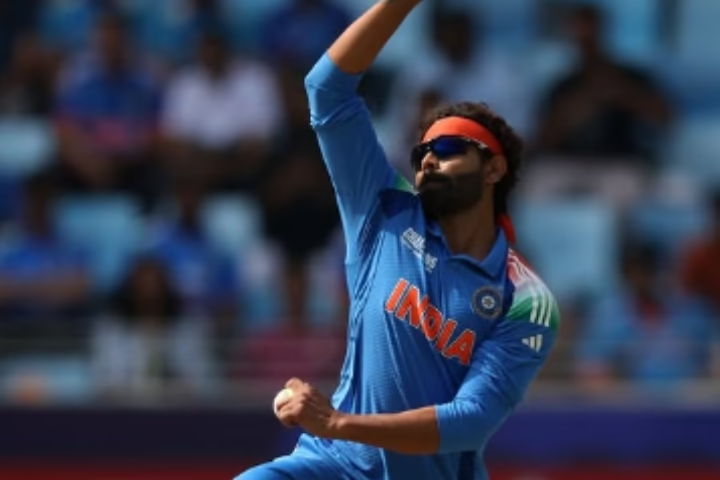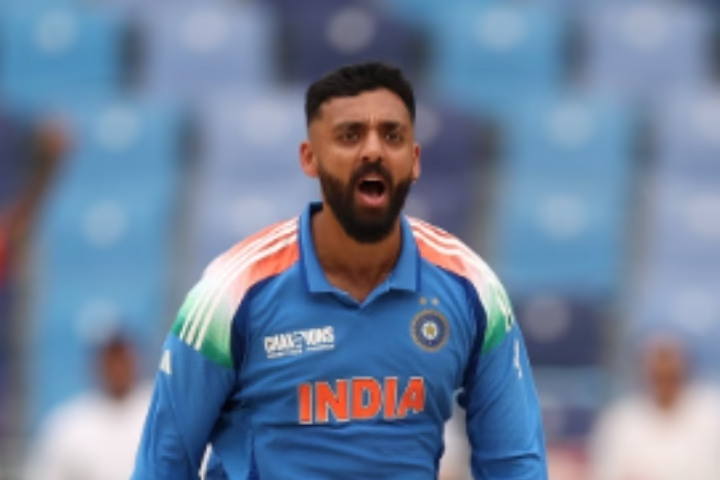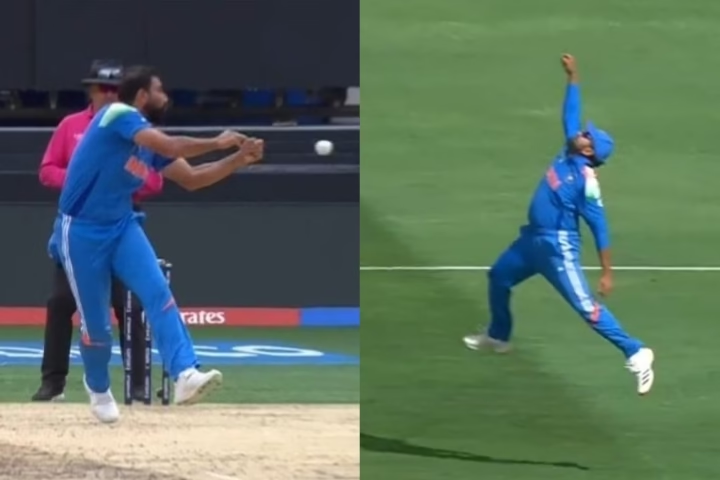ICC Playing Conditions Violated as India-Sri Lanka Tied ODI Lacks Decisive Super Over
By Aayush Pathak August 5, 2024
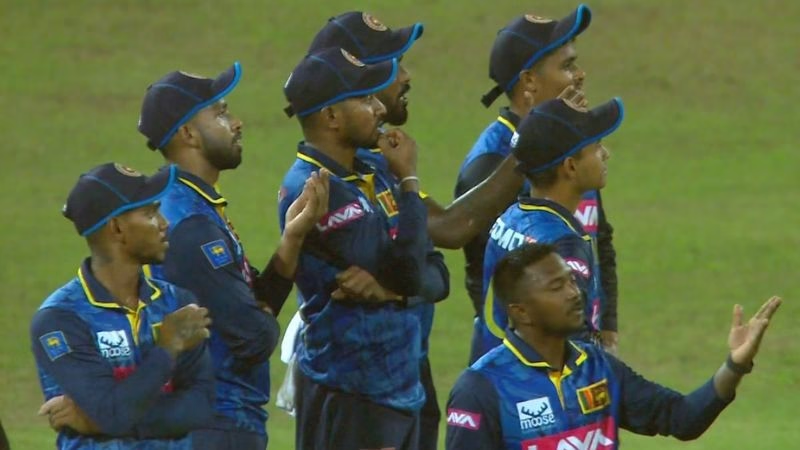
The first One-Day International (ODI) of the ongoing three-match series between India and Sri Lanka has ignited a controversy within the cricket fraternity following the ICC match officials’ decision to forgo a Super Over and enforce a result in the tied game. This unexpected omission has left fans and stakeholders questioning the reasoning behind this breach of playing conditions.
Updated ICC Playing Conditions Mandate Super Over
According to the ICC Men’s ODI Playing Conditions, last amended in December 2023, Clause 16.3.1.1 clearly states that all ODI matches ending in a tie shall have a Super Over unless exceptional circumstances prevent it from being played. The rule stipulates, “If the team’s scores are equal after both innings have been completed then a Super Over shall be played. If the Super Over is a tie, then unless exceptional circumstances arise, subsequent Super Overs shall be played until there is a winner. Should it not be possible to play or complete the Super Overs needed to determine a winner, the match shall be tied.”
This provision is also included in the Memorandum of Understanding (MOU) signed by both boards for this ongoing tour, making it applicable to this series. However, the match officials, including Match Referee Ranjan Madugalle, On-field Umpires Joel Wilson and Raveendra Wimalasiri, Reserve Umpire Ruchira Pallyaguruge, and TV Umpire Paul Reiffel, failed to adhere to the pre-decided playing conditions.
Fans and Stakeholders Demand Explanation
The unexpected omission of a ‘Super Over’ has left fans and other stakeholders questioning the reasoning behind this breach of playing conditions. It was the collective responsibility of the ICC match officials to ensure the proper conclusion of the riveting game as stipulated by the updated rules. As of now, there has been no official clarification from the match officials or the ICC regarding this oversight.
If this was indeed an oversight, it would be considered a serious blunder by the ICC Match officials, as it denied both teams and their fans the opportunity to determine a winner through the tiebreaker, as mandated by the latest playing regulations.
ICC Acknowledges Error, Promises Correction
In a report published in ‘The Morning Telegraph,’ an ICC official acknowledged the error and stated that should another tie occur in the ongoing ODI series, a Super Over will be enforced as per the latest playing regulations for Men’s ODIs. The official was quoted saying, “Two wrongs won’t make one right,” emphasizing the need for corrective measures.
There have been prior instances of Men’s tied ODIs being decided by a Super Over. The most famous example was the 2019 ICC Men’s ODI World Cup final between England and New Zealand. Furthermore, a 2020 ODI between Pakistan and Zimbabwe was decided through a Super Over due to a bilateral agreement between the Pakistan Cricket Board and Zimbabwe Cricket. The last ODI that featured a ‘Super Over’ was the ICC Cricket World Cup Qualifier on June 26, 2023, between West Indies and Netherlands in Harare, where the Dutch team secured a famous victory to qualify for the ICC Men’s Cricket World Cup 2023.
Stay updated with all the cricketing action, follow Cricadium on WhatsApp, Facebook, Twitter, Telegram, and Instagram
You might also like
Recommended to you
